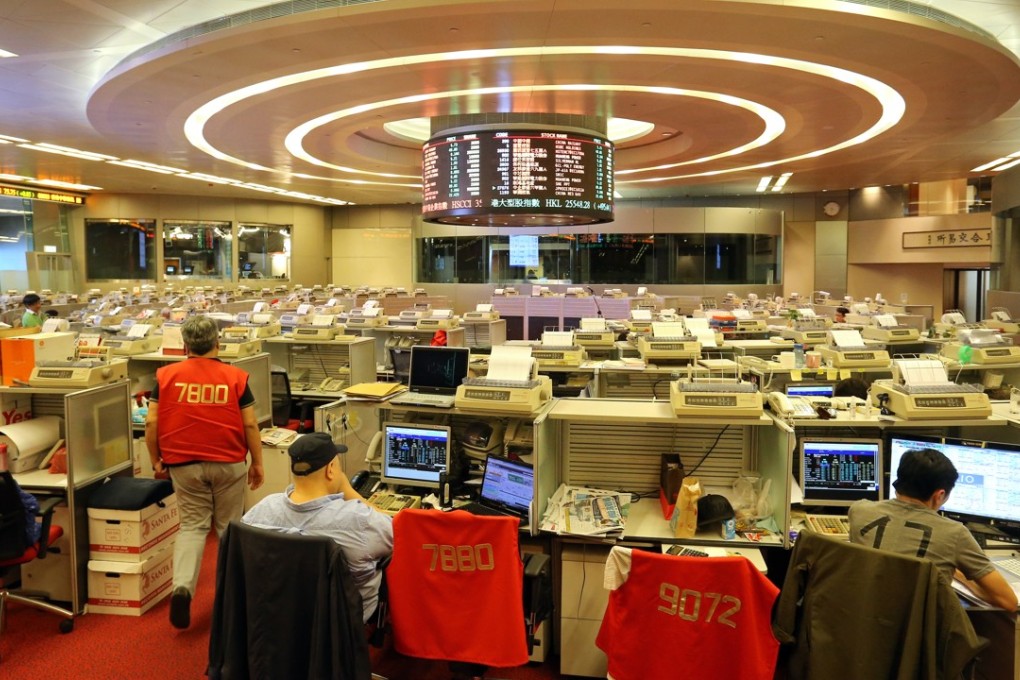Hong Kong’s stock index is the world’s best performer to date, but is the party over?
Analysts say a correction looms as the Fed is expected to begin unwinding its balance sheet, which could lead to tighter liquidity and higher interest rates

Hong Kong stocks jumped 25 per cent in the first three quarters of this year, thanks to Tencent’s 78 per cent increase that accounted for nearly 30 per cent of the gains in the Hang Seng Index, making it the top performer among the world’s major stock indices.
However, analysts warn that the market could be heading for a correction in the fourth quarter, as the Federal Reserve’s monetary policy tightening has yet to be fully priced in the market and a rapid rise in US bond yields could accelerate capital outflows from emerging markets.
Hong Kong’s benchmark Hang Seng Index (HSI) closed at 27,554.3 on Friday, the last trading day of September. It had risen 5,553.74 points, or 25 per cent in the first three quarters, outperforming its main counterparts in Asia-Pacific, the US, Europe and other markets, according to data compiled by Bloomberg at the close of trade in Hong Kong on Friday.
The biggest booster to the index’s gain was Tencent, which has soared 78 per cent to date this year on the back of strong financial results, especially from its soaring mobile game revenue. The counter contributed 1,572 points, or 28 per cent, to the HSI’s gains.

“The biggest concern is the Federal Reserve’s reversal of the quantitative easing programme, which could result in tighter market liquidity and higher interest rates, and cause capital outflows from emerging markets.”